Keynote Speakers at ICSIH-6 2024
It is our pleasure to announce our Keynote Speakers for ICSIH-6! Stephen Reicher, Bruce Daisley, Orla Muldoon, and Renate Ysseldyk will all present at this year’s meeting.
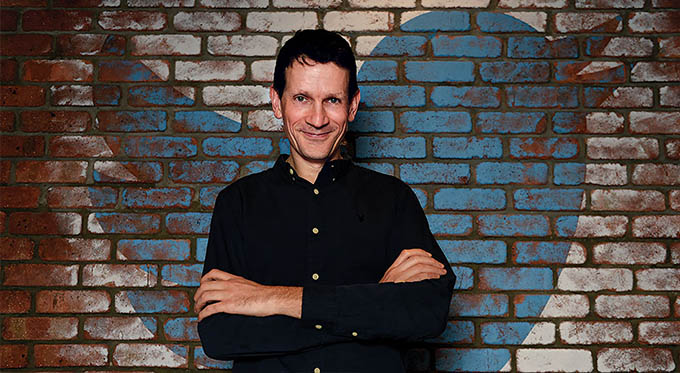
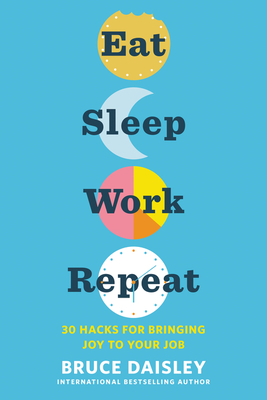
Bruce Daisley
Bruce Daisley is one of the most influential voices on fixing work, recognises by LinkedIn as one of the top 10 most important voices on Workplace Culture. Bruce’s work has been published in the Washington Post, Harvard Business Review, Wall Street Journal and The Guardian. His second book, Fortitude, was described by the Financial Times as the ‘best business book of the year’.
He’s recently been appointed as a Visiting Honorary Professor at Bayes Business School at City University in London with a focus on organisational culture and the MBA programme.
Previously he spent over a decade running Twitter and YouTube (the latter at Google) for Europe, leaving Twitter as its most senior leader outside of the US. Bruce runs the Apple number 1 Business Chart topping podcast Eat Sleep Work Repeat on work culture.
We are delighted to hear about his expert guidance to boost productivity and discover the path to greater fulfilment in work life.
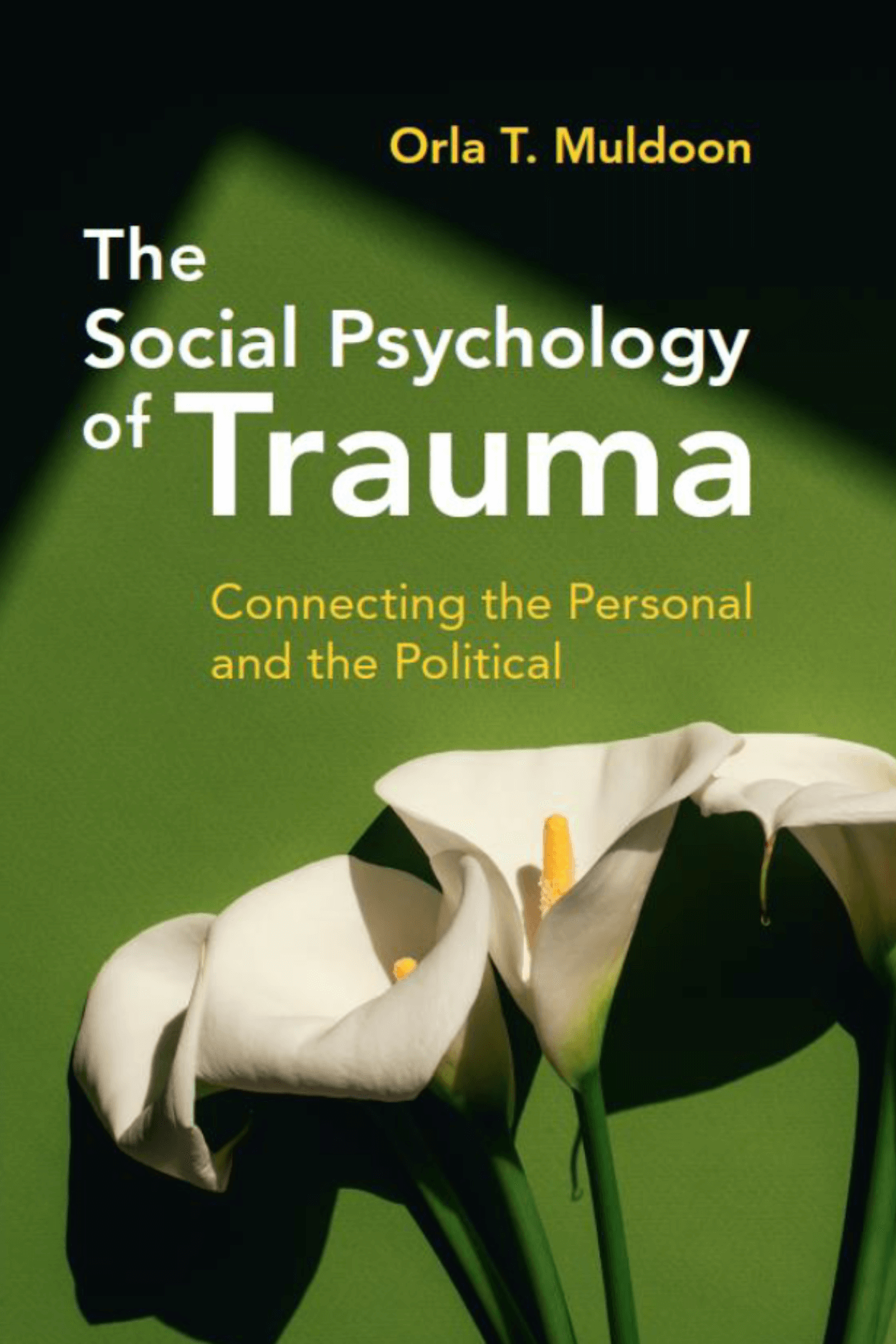
Orla Muldoon
Orla Muldoon is Professor of Psychology at University of Limerick. She was the first appointment to the department in 2007 and the inaugural Chair and Head of Department. She is immensely proud of the Department, its graduates and the colleagues that have worked to develop make the Department a major force in Psychology internationally. She is particularly proud of its influence on the discipline in Ireland as well as its impact on public policy. Orla’s research highlights the value a collective approach to adaptation to stress and trauma. Her current work is particularly related to collective basis of post traumatic growth and physiological responses to stress. In 2020 she was awarded a prestigious ERC advanced grant that has given rise to a book on The Social Psychology of Trauma (cambridge.org). It is available free to download from April 1 2024.
Keynote Synopsis:
Many of us have been affected by trauma and struggle to manage our health and well-being. The social psychological approach to health highlights how social and cultural forces, as much as individual ones, are central to how we experience and cope with adversity. This social identity approach to trauma integrates psychology, politics, and medicine to offer a new understanding that speaks to the causes and consequences of traumatic experiences. Connecting the personal with the political, this talk will detail evidence that traumatic experiences can, under certain conditions, impact people’s political positions and appetite for social change. This perspective reveals trauma as a socially situated phenomenon linked to power and privilege or disempowerment and disadvantage. The talk will interest those affected by trauma and those supporting them, as well as students, researchers, practitioners, and policy makers in social psychology, health and clinical psychology, and political science.
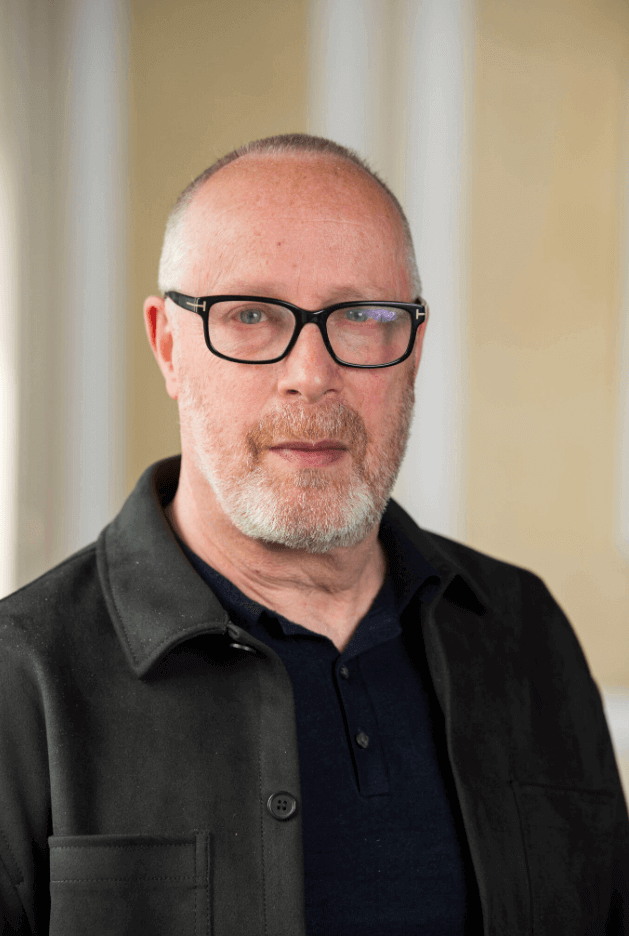
Stephen Reicher
Stephen Reicher is Wardlaw Professor of Psychology at the University of St. Andrews, a Fellow of the Royal Society of Edinburgh, of the British Academy and of the Canadian Institute for Advanced Research. His work addresses social identity processes and collective behaviour including such topics as Crowd Behaviour, Intergroup Hate, Leadership and Obedience. During the COVID pandemic, he was an advisor to the UK Government, the Scottish Government and a member of Independent Sage.
Keynote: Trust the people! On the two psychologies of COVID-19
The COVID-19 pandemic demonstrated the importance of behavioural analysis for public health and social policy. It thereby made it all the more important to get the psychology right. In this talk I will contrast two broad approaches to the psychology of COVID-19. The one, rooted in notions of individual intellectual and volitional frailty, led policy makers to view the public as a problem to be cajoled and coerce people into compliance. The other, rooted in an appreciation of the importance of social relations and of community as a basis for collective resilience, regarded the public as a partner and prioritised engagement as a means to adherence. A key lesson from the pandemic is to promote a ‘partnership’ over a ‘problem’ approach and to understand the importance of trusting (and hence being trusted by) the public
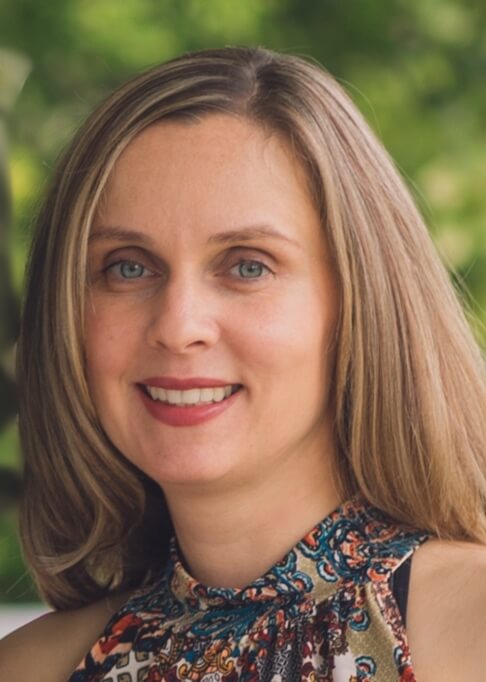
Renate Ysseldyk
Renate Ysseldyk is Associate Professor of Health Sciences and Director of the Social Identity and Health Lab at Carleton University in Ottawa, Canada, where she is also an Affiliated Researcher with the Canadian Health Adaptations, Innovations, and Mobilization (CHAIM) Centre and the Mental Health and Well-being Research and Training Hub (MeWeRTH). Beforejoining Carleton, she completed postdoctoral work at the University of Exeter (UK) and the University of Queensland (Australia), funded by the Social Sciences and Humanities Council of Canada (SSHRC) and the Canadian Institute for Advanced Research (CIFAR).
Her research focuses on the social determinants of health among potentially marginalized populations (e.g., older adults living with dementia, caregivers, individuals who have experienced discrimination, trauma, or illness). She takes an interdisciplinary, mixed-method, and community-based approach to contribute toward understanding and promoting individual mental health, and healthy societies more broadly, by focusing on three interconnected themes: 1) healthy ageing, 2) (non)religious, ethnic, and gender identities, and 3) coping with stress. Her research program is thus grounded in a social identity framework for studying the influence of psychosocial factors on coping with stressful experiences and life transitions amid a primarily medicalized landscape of care.
Keynote Synopsis:
How do we—or how do most people—define “healthy ageing”? As we grow older, many of us experience an array of life stressors and transitions, such as moving into retirement care, adopting the role of caregiver for an ageing loved one, ageism itself, or coping with age-related decline or illness. Amid such life transitions and circumstances, some social identities may beperceived as more or less important and be differentially associated with health. In this regard, despite an increasingly secular society, there is evidence that religious and/or spiritual identities may offer many older (and some younger) adults important coping resources for dealing with life’s stressors. This talk will explore the roles of (non)religious and spiritual identities in coping with stressors ranging from intergenerational trauma, to living with dementia, to vaccine hesitancy during the COVID-19 pandemic and beyond. Taken together, this body of research brings an intersectional approach to challenge our assumptions about the roles of ageing and religious social identities in health and in society.
We look forward to welcoming you to the University of Limerick this summer.